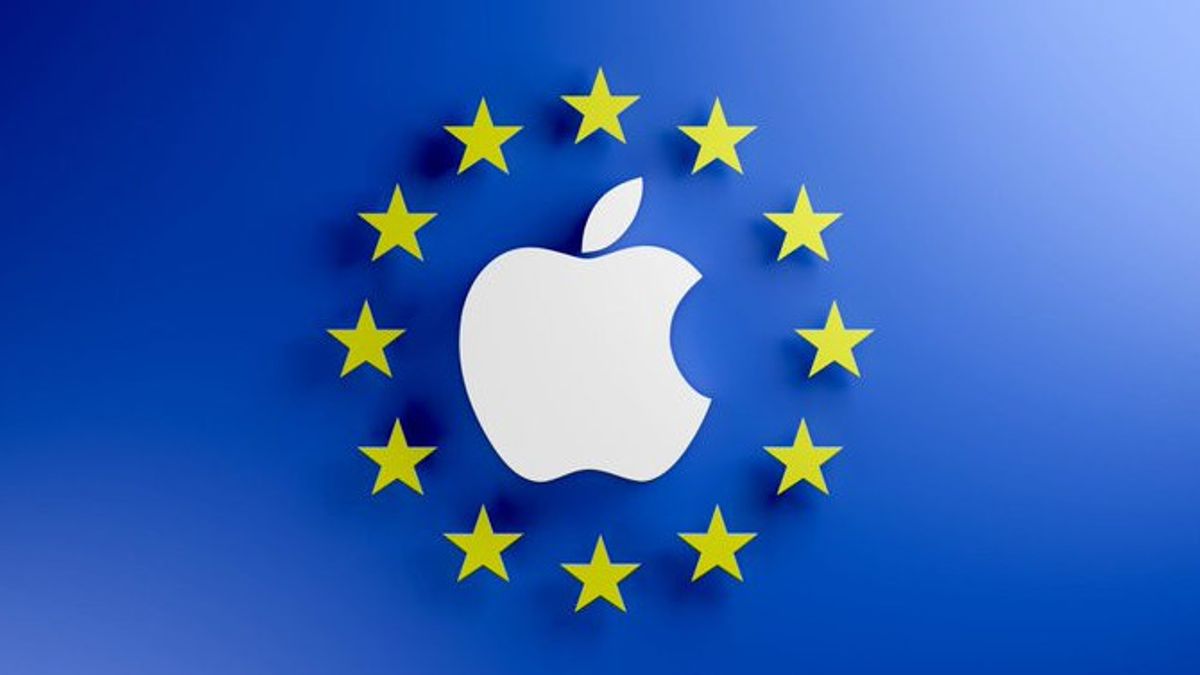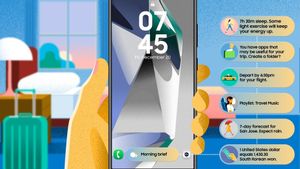JAKARTA - Apple has announced a series of new changes to its App Store and iPhone policies in the European Union. This time, Apple will expand its default app settings, allow more built-in apps to be removed, as well as update the browser selection screen display.
One of the significant changes is on the browser selection screen that was first introduced earlier this year with iOS 17.4. With updates to be released later this year, users who have set Safari as the default browser will return to view this selection screen when they first open Safari after the update is installed. Users who have selected a browser other than Safari as the default will not see this screen again. This feature will only appear once per device, in contrast to the previous one that appears once per user.
The browser selection screen design will also be updated. Users can directly select their default browser on the selection screen without having to view the descriptive information on the App Store product page. The browser description on the screen will include a subjudule of the product page in the App Store. Users must scroll the entire list of browser options before being able to set the default browser. If the selected browser has not been installed on the device, the selection screen will display the download process before the browser opens automatically.
SEE ALSO:
In addition to changes to browser settings, Apple will also introduce new sections in the Settings app on iOS 18 and iPadOS 18 that allow users to manage their default apps. Currently, users in the European Union can set default apps for browsers, letter apps, application markets, and contactless apps. However, later this year, users can also set default apps for phone calls, messages, password managers, keyboards, and call spam filters. In the spring of 2025, support for setting default applications on navigation and translation applications will also be added.
Apple also announced that with upcoming software updates, users will be able to remove built-in apps such as App Stores, Messages, Cameras, Photos, and Safari. These changes show Apple's efforts to give users more control over the apps they use on their devices, particularly in the European Union market which has imposed stricter regulations related to the dominance of large technology platforms.
The English, Chinese, Japanese, Arabic, and French versions are automatically generated by the AI. So there may still be inaccuracies in translating, please always see Indonesian as our main language. (system supported by DigitalSiber.id)


















